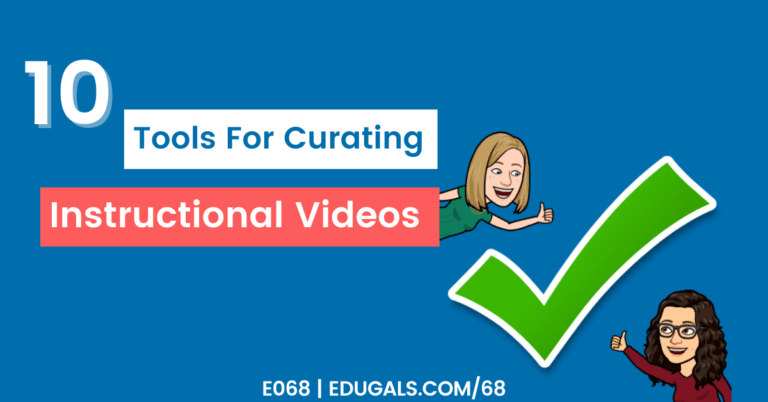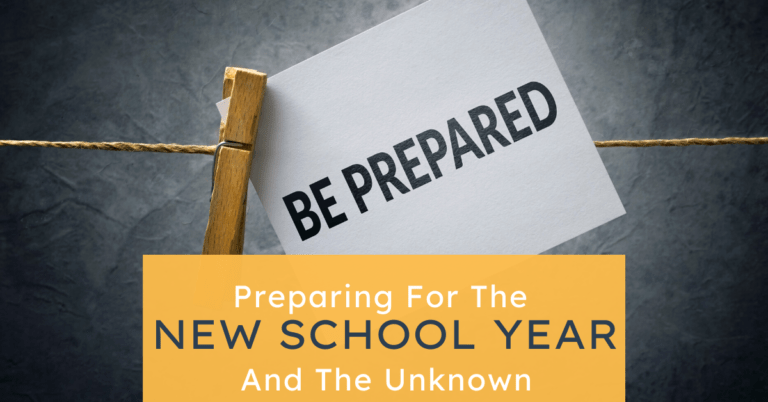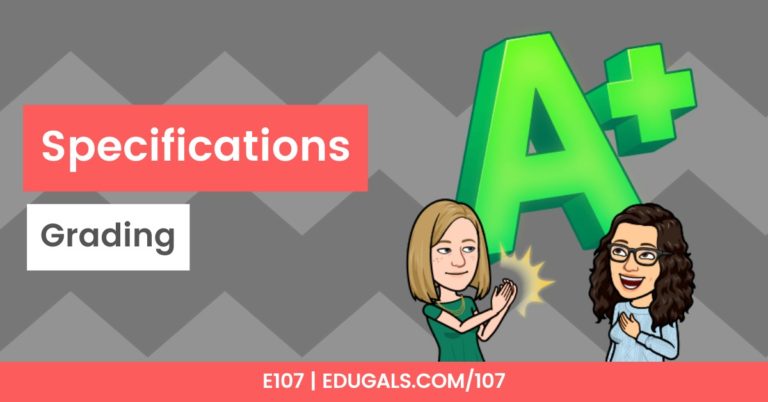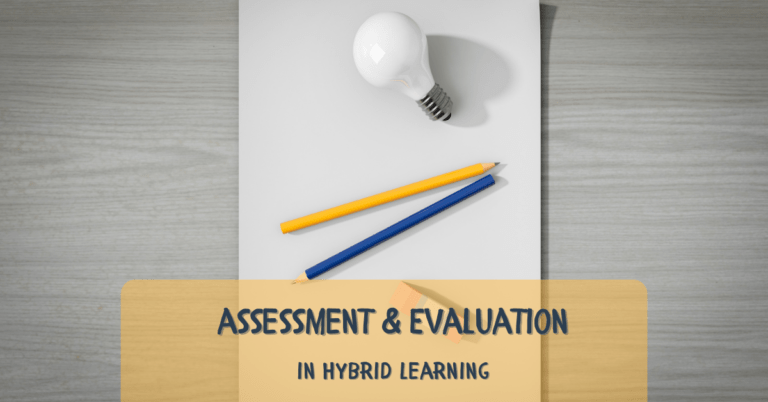[podcast_subscribe id=”7428″]
More detailed show notes coming soon!
This week, we are chatting all about mastery-based grading in skills-based curriculum areas. We’ve got a packed episode where Rachel is reflecting on her thought processes and Katie helps with problem-solving some challenges with mastery-based grading.
If you like what you hear, we would love it if you could share this episode with a colleague or friend. And make sure you subscribe so that you don’t miss out on any new content! And consider supporting the show by buying us a coffee or two!
We would love to hear from you – leave a comment on our website OR check out our FLIPGRID!
Featured Content
- Mastery-based scales for skills – easy to understand for students, teachers, and parents
- Proficiency scales from the book: Going Gradeless by Dave Frangiosa and Elise Burns
- Start by breaking it down:
- What are the key skills you want students developing in your course?
- Break it down – what does it look like for each level of the scale?
- Consider benchmarks
- How many levels do you want in your scale?
- How would this convert into grades? Consider a grade conversion scale
- Standards-based grading scales – for science it can be tricky because you value both background knowledge AND skills (see Jessica Liew’s episode E084 to learn more)
- Teasing apart knowledge and skills is challenging – what are you actually assessing?
- Assessment plan:
- Mastery checks for background knowledge only
- Checkpoints (cumulative quizzes) – both knowledge and skills (problem solving, communication) with re-tests focused on knowledge only
- Inquiry, design thinking, projects – all skills based scales
- Skills scales have 3 levels – Got It, Almost, Not Yet
- Scaffold building of the skills within the assessments themselves
- Regardless of system, communication is going to be key!
- Final grades:
- Percentage of mastery demonstrated of knowledge and skills
- Skills can be most recent, most consistent – replacing grades in your gradebook
- Try group moderated grading as you try this out
- Expect grading conversations to take a long time!
- I can statements as a checklist for mastery-based grading with space for comments/feedback
- You don’t have to have all the answers – try, fail, learn, and iterate!





